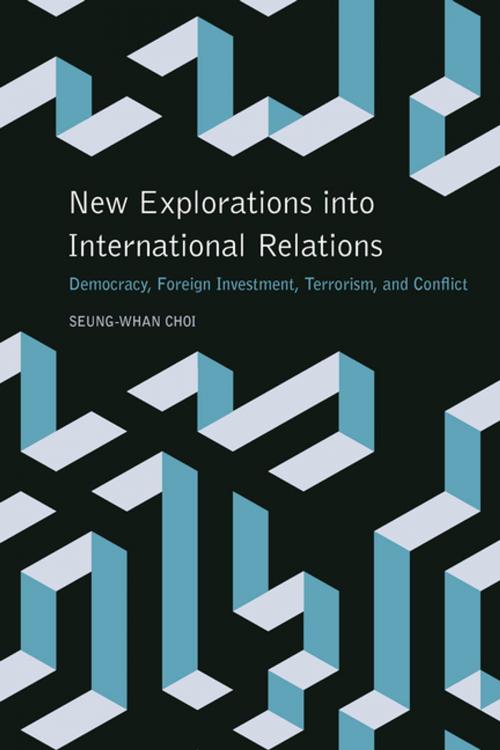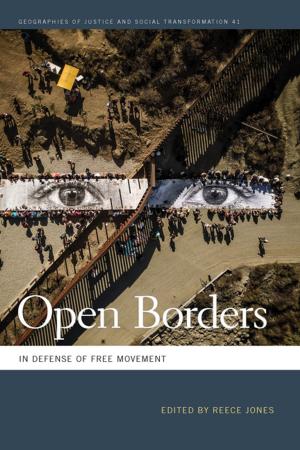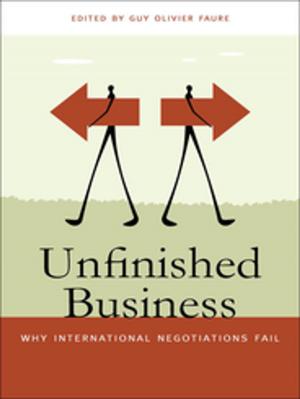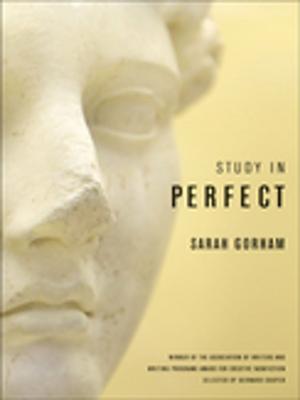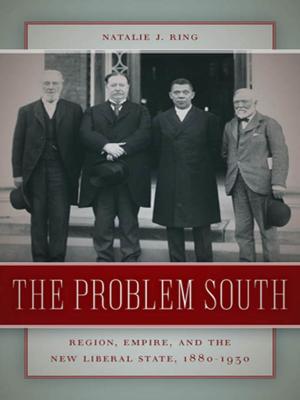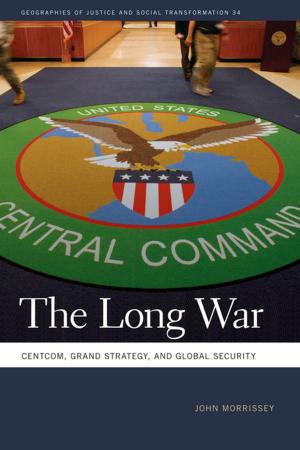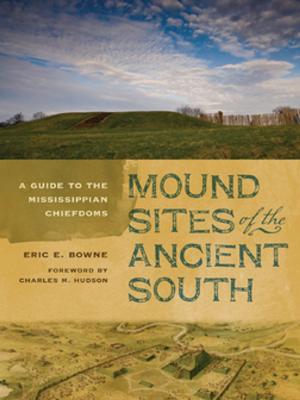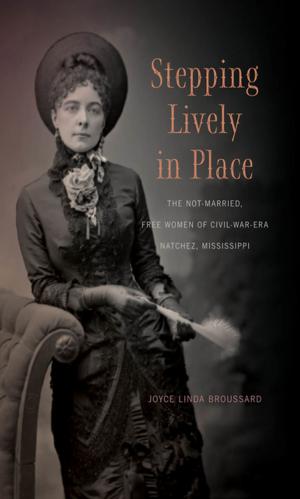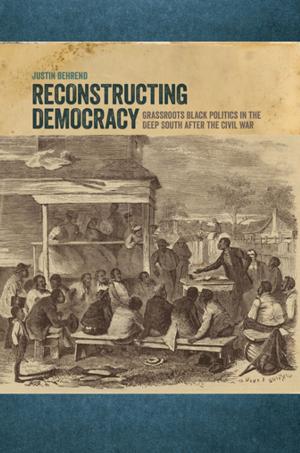New Explorations into International Relations
Democracy, Foreign Investment, Terrorism, and Conflict
Nonfiction, Social & Cultural Studies, Political Science, International, International Relations| Author: | Seung-Whan Choi, Scott Jones, William Keller | ISBN: | 9780820349060 |
| Publisher: | University of Georgia Press | Publication: | March 15, 2016 |
| Imprint: | University of Georgia Press | Language: | English |
| Author: | Seung-Whan Choi, Scott Jones, William Keller |
| ISBN: | 9780820349060 |
| Publisher: | University of Georgia Press |
| Publication: | March 15, 2016 |
| Imprint: | University of Georgia Press |
| Language: | English |
This book addresses a range of issues surrounding the search for scientific truths in the study of international conflict and international political economy. Unlike empirical studies in other disciplines, says Seung-Whan Choi, many political studies seem more competent at presenting theoretical conjecture and hypotheses than they are at performing rigorous empirical analyses. When we study global issues like democratic institutions, flows of foreign direct investment, international terrorism, civil wars, and international conflict, we often uncritically adopt established theoretical frameworks and research designs. The natural assumption is that well-known and widely cited studies, once ingrained within the tradition of the discipline, should not be challenged or refuted.
However, do such noted research areas reflect scientific truth? Choi looks closely at ten widely cited empirical studies that represent well-known research programs in international relations. His discussions address such statistical and theoretical issues as endogeneity bias, model specification error, fixed effects, theoretical predictability, outliers, normality of regression residuals, and choice of estimation techniques. In addition, scientific progress made by remarkable discoveries usually results from finding a new way of thinking about long-held scientific truths, therefore Choi also demonstrates how one may search for novel ideas at minimal cost by developing new research designs with original data.
Here is a valuable resource for students, scholars, and policy makers who want to quickly grasp the evolutionary pattern of scientific research on democracy, foreign investment, terrorism, and conflict; build their research designs and choose appropriate statistical techniques; and identify their own agendas for the production of cutting-edge research.
This book addresses a range of issues surrounding the search for scientific truths in the study of international conflict and international political economy. Unlike empirical studies in other disciplines, says Seung-Whan Choi, many political studies seem more competent at presenting theoretical conjecture and hypotheses than they are at performing rigorous empirical analyses. When we study global issues like democratic institutions, flows of foreign direct investment, international terrorism, civil wars, and international conflict, we often uncritically adopt established theoretical frameworks and research designs. The natural assumption is that well-known and widely cited studies, once ingrained within the tradition of the discipline, should not be challenged or refuted.
However, do such noted research areas reflect scientific truth? Choi looks closely at ten widely cited empirical studies that represent well-known research programs in international relations. His discussions address such statistical and theoretical issues as endogeneity bias, model specification error, fixed effects, theoretical predictability, outliers, normality of regression residuals, and choice of estimation techniques. In addition, scientific progress made by remarkable discoveries usually results from finding a new way of thinking about long-held scientific truths, therefore Choi also demonstrates how one may search for novel ideas at minimal cost by developing new research designs with original data.
Here is a valuable resource for students, scholars, and policy makers who want to quickly grasp the evolutionary pattern of scientific research on democracy, foreign investment, terrorism, and conflict; build their research designs and choose appropriate statistical techniques; and identify their own agendas for the production of cutting-edge research.
